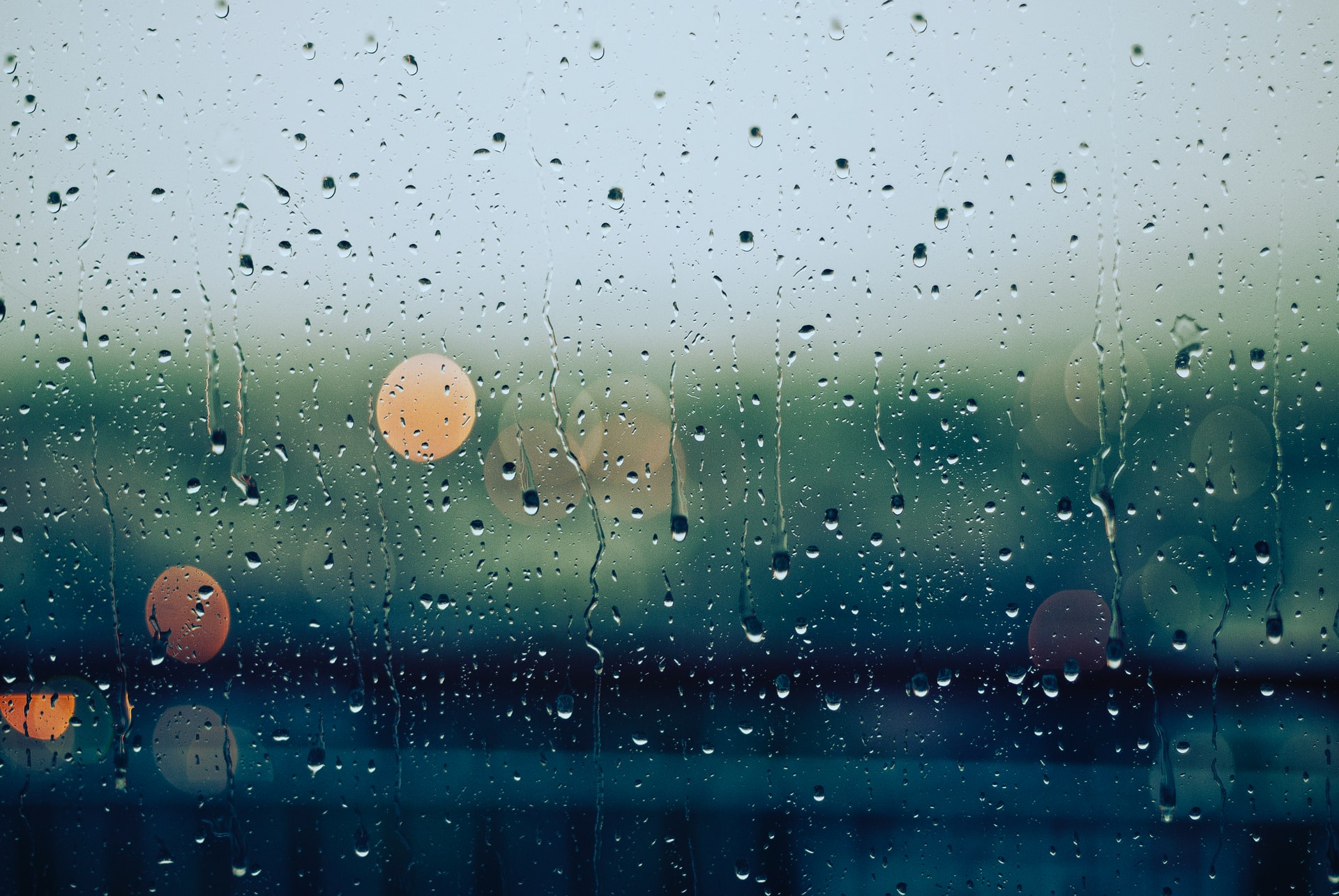Most people can predict a rainstorm without looking up at the sky. All they have to do is sniff the air. But the scent they’re picking up on isn’t actually rain, which is odorless. They’re smelling petrichor, a combination of chemical compounds that is released when raindrops first hit the ground. The wind carries them to nearby areas and alerts noses to coming rainfall. (1, 2)
Some people describe the smell of rain as a stress reliever. This may be because smell is directly connected to the hippocampus and amygdala. These two parts of the brain are involved in emotion and memory. Smelling petrichor may bring up pleasant memories like splashing in puddles as a child. This sense of nostalgia can relieve stress. (1, 3)
Besides the stress reduction that may come with the smell of rain, the presence of rain carries many benefits. Here are seven to enjoy the next time you’re in a rainstorm.
RELATED STORY:
Seven Benefits of Rain
1. The Sound of Rain Is Relaxing
Water sounds like rainfall and lapping waves are non-threatening. This makes them relaxing and explains why they calm people down. (4)
Some people even use sound machines that play rainstorm tracks to help them fall asleep. Rainfall provides constant noise that gradually rises and falls in volume. It lulls listeners into slumber and won’t interrupt their sleep cycle. It can also act as white noise that drowns out other sounds that might wake you up. (4)
2. It Reduces Air Pollution
As a raindrop falls, it collects particles that are present in the air. Raindrops draw soot, smog, and other types of pollution to the ground. (5)
Having cleaner air to breathe is a benefit for all people. But it is especially helpful for those who are more sensitive to air pollution. This includes people who have asthma or who are young, sick, elderly, or pregnant. When the air quality index gets too high, they are warned to stay indoors. A good rainstorm makes it possible for them to go outside safely again. (5)
RELATED STORY:
3. You’ll Likely Find Solitude Outdoors
During weather conditions like rain and snow, people are less likely to go outside and exercise. One Canadian study showed that 4 mm of rainfall decreased adults’ daily steps by 5.2%. With 14 mm of rain, their steps decreased by 8.3%. (6)
If you enjoy exercising without other people around, this can be a benefit to you. Sometimes it’s nice to run without an audience. And if you enjoy walking in a park that’s usually crowded, having the path to yourself can be a welcome change.
4. Grounding for Patients with PTSD
For patients with post-traumatic stress disorder (PTSD), walking in the rain can contribute to “grounding”. This is a technique that utilizes the five senses to help people deal with flashbacks and dissociation. (7) The walker can smell petrichor and feel the sensation of rain on their skin. They can hear rainfall as it hits the earth and watch the drops fall from the sky. They can even utilize the sense of taste by catching a few raindrops on their tongue. (7)
RELATED STORY:
5. You Can Exercise Longer and Go Faster
Exercising causes your muscles to produce heat. To cool you down, your body has to redirect blood flow to produce sweat, decreasing your performance. Rainwater cools you down and allows you to use energy more efficiently. When you exercise in the rain, you can work out longer and go faster. (8)
6. Exercising in the Rain Increases Your Metabolism
A Japanese study had healthy men run on a treadmill for 30 minutes in a chamber that simulated rainy conditions. They found that energy demand rises when running in cold, rainy conditions, increasing metabolism. (9)
RELATED STORY:
7. Your Body Learns to Adapt
Taking your normal workout into the rain teaches your body to react to different conditions. Your body will have to adjust to walking or running on slippery pavement. This adds an element of challenge and improves your proficiency in the workout. (8)
Give the Rain Some Gratitude
Whether you’re exercising or looking for a good night’s sleep, rain is full of benefits. The next time you’re in a rainstorm, take a moment to appreciate all of the good things it brings with it.
*Article originally appeared at Healthy Holistic Living. Reprinted with permission.












